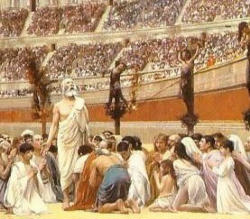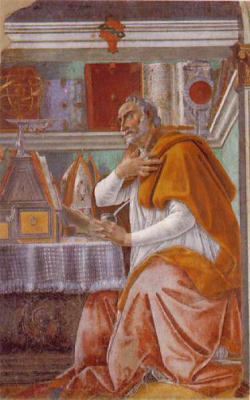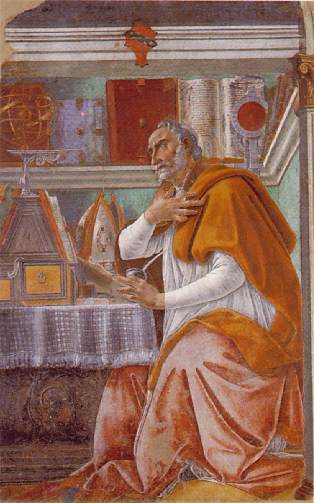
By Deacon Keith Fournier
St. Polycarp, the Bishop of Smyrna, died in the year 155 AD, while in his eighties. He was a disciple of St. John, the Evangelist, who walked with the Lord Jesus and authored the fourth Gospel which bears his name.
The Bishops Letter to the Phillipians is a beautiful exposition of the early Christian faith. It also witnesses to the earliest New Testament writings. The account of the Martyrdom of Polycarp gives witness to his heroic death. The Christian Tradition is replete with testimony to his holy life. His Feast is now celbrated in the Roman Canon on February 23d.
Here is an excerpt for the Letter on the Martyrdom of Saint Polycarp by the Church of Smyrna entitled ‘A rich and pleasing sacrifice’:
“When the pyre was ready, Polycarp took off all his clothes and loosened his under-garment. He made an effort also to remove his shoes, though he had been unaccustomed to this, for the faithful always vied with each other in their haste to touch his body. Even before his martyrdom he had received every mark of honour in tribute to his holiness of life.
“There and then he was surrounded by the material for the pyre. When they tried to fasten him also with nails, he said: “Leave me as I am. The one who gives me strength to endure the fire will also give me strength to stay quite still on the pyre, even without the precaution of your nails.”
“So they did not fix him to the pyre with nails but only fastened him instead. Bound as he was, with hands behind his back, he stood like a mighty ram, chosen out for sacrifice from a great flock, a worthy victim made ready to be offered to God.
“Looking up to heaven, he said: “Lord, almighty God, Father of your beloved and blessed Son Jesus Christ, through whom we have come to the knowledge of yourself, God of angels, of powers, of all creation, of all the race of saints who live in your sight, I bless you for judging me worthy of this day, this hour, so that in the company of the martyrs I may share the cup of Christ, your anointed one, and so rise again to eternal life in soul and body, immortal through the power of the Holy Spirit.
“May I be received among the martyrs in your presence today as a rich and pleasing sacrifice. God of truth, stranger to falsehood, you have prepared this and revealed it to me and now you have fulfilled your promise. I praise you for all things, I bless you, I glorify you through the eternal priest of heaven, Jesus Christ, your beloved Son. Through him be glory to you, together with him and the Holy Spirit, now and for ever. Amen.”
“When he had said “Amen” and finished the prayer, the officials at the pyre lit it. But, when a great flame burst out, those of us privileged to see it witnessed a strange and wonderful thing. Indeed, we have been spared in order to tell the story to others.”
“Like a ship’s sail swelling in the wind, the flame became as it were a dome encircling the martyr’s body. Surrounded by the fire, his body was like bread that is baked, or gold and silver white-hot in a furnace, not like flesh that has been burnt. So sweet a fragrance came to us that it was like that of burning incense or some other costly and sweet-smelling gum.”
The early martys of the Christian church, beginning with the Deacon Stephen, were so conformed to Jesus Christ that they revealed His Risen life – both in their holy lives of service and in their sacrificial offering of their last breath for the One whom they followed in both life and death. The Greek word translated martyr means witness. We are all called to follow their example as witnesses in every age.

